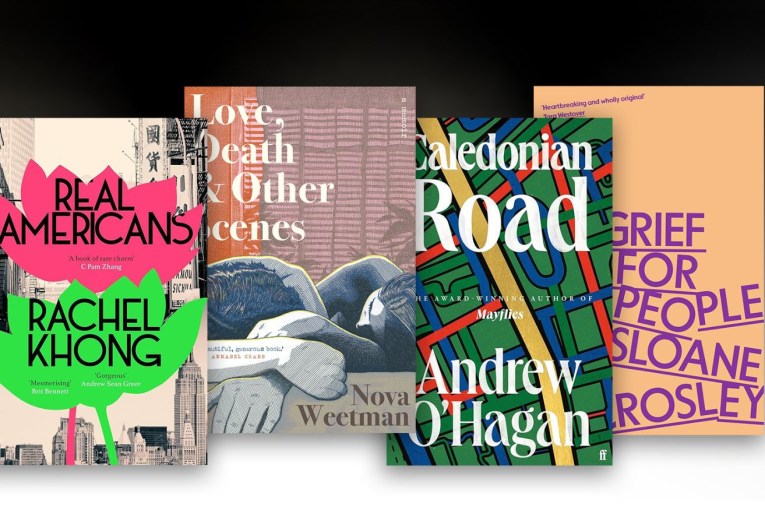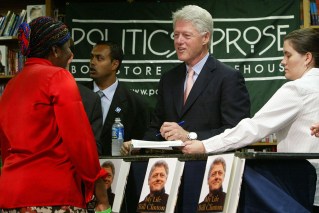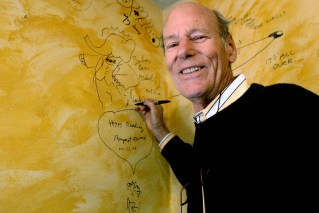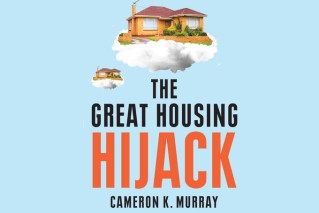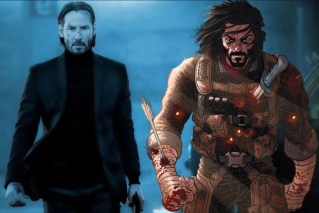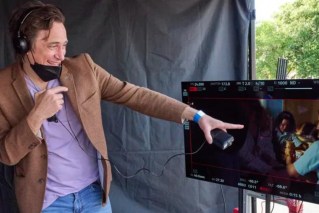A ‘dead man’s’ tales of the darkest web


Posing as a stranger, Andrew O'Hagan was able to acquire drugs and firearms online. Photo: Getty
As the Medicare identity theft scandal consumes our unprepared government, a new book explores just how easy it is for fraudsters to forge a new identity on the dark net.
When London-based novelist and journalist Andrew O’Hagan assumed the identity of a dead man, he was able to secure a fake passport, heroin and could have had access to AK-47 assault rifles.
“The world wide web is in contact with sinister forces and has been since the day it got up and running,” O’Hagan warns.
“It immediately became a super highway with super highwaymen. As I see it now, we’ve got a war on to try and build something sustainable when it comes to policing the internet.”
His deep dive in the darkest corners of the illicit net is relayed in the centrepiece essay of startling new book The Secret Life: Three True Stories, which explores the blurred line between fact and fiction online.
Far from mandating censorship, O’Hagan argues that regulation is, however, necessary. “I don’t think it’s an affront to strong liberal values to want some gun control … Why would I want children or adults to have access to child pornography?”

Author Andrew O’Hagan. Photo: Getty
Along with essays on Australians Julian Assange and possible Bitcoin founder Craig Wright, the centrepiece essay ‘The Invention of Ronnie Pinn’ is as heartbreaking as it is horrifying.
In 2013 the UK was rocked by the shocking news that London’s Metropolitan police force had, since the 1960s, authorised undercover officers to secretly assume the identities of dead children.
Exposed by journalists, the police apologised, but little was said about what the spies had done with these fake lives. Two years later, O’Hagan followed in their footsteps to reveal what was possible.
Assuming the identity of Ronald Pinn, who died in his South London apartment in 1984 at the age of 20, O’Hagan constructed a new online avatar based on the biographical bones of the young man.
“I knew it would haunt me,” O’Hagan reveals. “I knew it was a story of our time, in a sense that we wall live as ghosts in the internet. It’s done something to our sense of fixed identity.”
Pinn’s online footprint was non-existent and even old school friends had very little memory of him.
After applying for his birth certificate and creating fake Facebook and Twitter profiles, it wasn’t long before O’Hagan created enough of an online presence for Pinn to secure a tax file number.
Accessing the dark net’s thriving hub of weapons, drugs and even assassination services was easy.
 The essay’s prescience is uncanny in this age of fake news, Donald Trump’s presidency, homegrown terrorism and the constant broadcasting of our lives on social media with very little care for privacy.
The essay’s prescience is uncanny in this age of fake news, Donald Trump’s presidency, homegrown terrorism and the constant broadcasting of our lives on social media with very little care for privacy.
The Medicare breach shows just how at risk we all are.
“The net has gone wild and the idea that an invented person with no reality is able to get a passport, a driver’s licence, buy heroin, tramadol, cocaine and crack within minutes and then buy gun parts and begin to live a life of such darkness is hardly imaginable,” O’Hagan adds.
“I think readers deserve to be taken all the way down into that dark water.”
The Secret Life: Three True Stories is out now, published by Faber & Faber.
